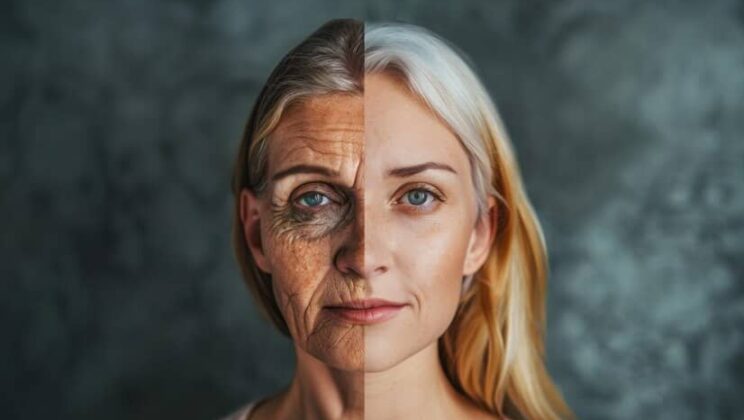Melihat helai-helai rambut bayi rontok yang menempel di bantal, sisir mungil, atau bahkan di baju Anda, bisa jadi pemandangan yang mengkhawatirkan bagi setiap orang tua. Seketika muncul berbagai pertanyaan di…
Dosis vitamin D untuk rambut rontok efektif
Vitamin D untuk Rambut Rontok – Pernahkah Anda merasa khawatir dengan masalah rambut rontok yang semakin parah? Anda sudah mencoba berbagai cara, namun hasilnya belum terlihat? Mungkin Anda belum memperhatikan…
Minyak Zaitun untuk Rambut Rontok: Manfaatnya
Minyak zaitun, yang terkenal sebagai bahan alami untuk kesehatan tubuh, ternyata juga sangat efektif untuk mengatasi masalah rambut, termasuk rambut rontok. Dalam bagian pertama ini, kita akan mengulas secara mendalam…
Mimpi Rambut Rontok Banyak dan Maknanya
Pernahkah Anda bermimpi rambut Anda rontok banyak? Jika iya, Anda pasti merasa khawatir, bukan? Mimpi ini sering kali menimbulkan perasaan cemas, tetapi tahukah Anda bahwa mimpi ini bisa memiliki berbagai…
Temukan Makna Positif di Mimpi Rambut Rontok
Mimpi sering kali dianggap sebagai sebuah pesan dari bawah sadar, cerminan dari perasaan dan pikiran yang kita alami sehari-hari. Salah satu jenis mimpi yang cukup sering terjadi adalah mimpi tentang…
7 Shampo Terbaik untuk Rambut Rusak
Rambut rusak merupakan masalah umum yang dihadapi banyak orang. Penyebab rambut rusak bisa bermacam-macam, mulai dari penggunaan alat styling panas, pewarnaan rambut yang berlebihan, hingga paparan sinar matahari. Memilih shampo…
6 Kondisioner Air Beras Terbaik untuk Rambut Halus dan Berkilau
Kondisioner air beras telah menjadi pilihan populer bagi banyak orang yang menginginkan rambut halus dan berkilau. Air beras kaya akan vitamin, mineral, dan asam amino yang dapat memberikan manfaat luar…
Shampo Terbaik Rambut Bercabang: 5 Pilihan Teratas untuk Mengatasi Kerusakan Rambut
Rambut bercabang adalah masalah umum yang sering dihadapi oleh banyak orang. Penyebab utama rambut bercabang adalah kerusakan pada kutikula rambut akibat penggunaan produk kimia, panas dari alat styling, dan faktor…
Penyebab Uban Dini: Mengapa Terjadi dan Cara Mengatasinya
Uban dini adalah fenomena yang semakin banyak ditemui di kalangan masyarakat modern. Banyak orang merasa khawatir ketika melihat rambut mereka mulai memutih pada usia muda. Artikel ini akan mengulas secara…
6 Scrub Kepala Buatan Sendiri untuk Meningkatkan Kesehatan Rambut Anda
Scrub kepala adalah salah satu cara terbaik untuk merawat kulit kepala dan meningkatkan kesehatan rambut Anda secara keseluruhan. Dengan membersihkan dan mengelupas sel-sel kulit mati, serta meningkatkan sirkulasi darah ke…










